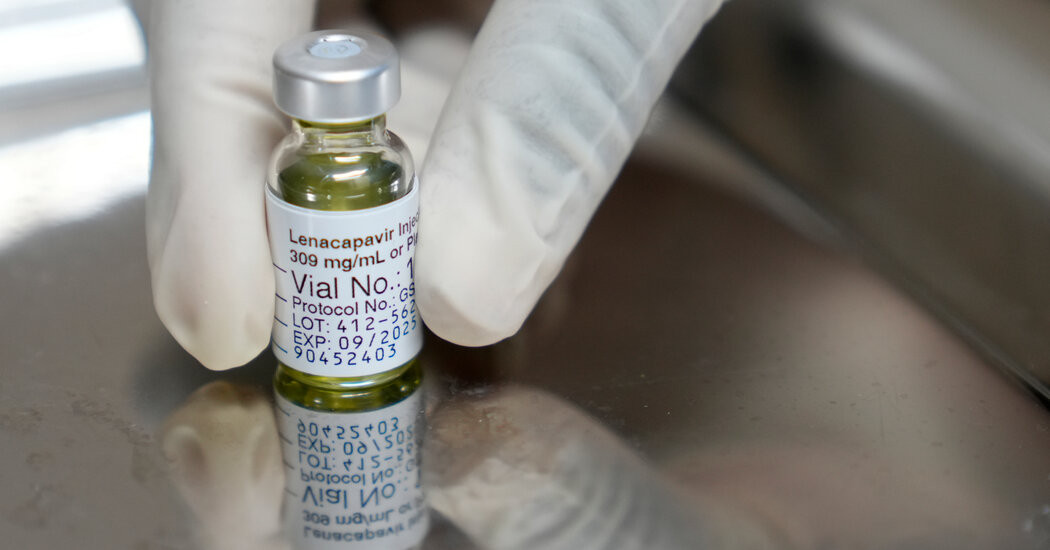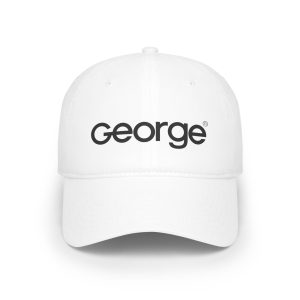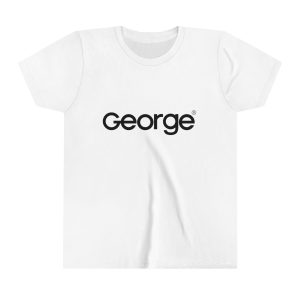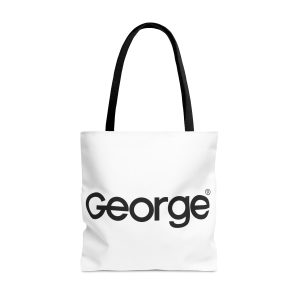

The drug could change the course of the AIDS epidemic. But the Trump administration has gutted the programs that might have paid for it in low-income countries.
The Food and Drug Administration on Wednesday approved a twice-yearly injection that provided a near-perfect shield against H.I.V. infection in clinical trials.
The approval is among the most anticipated developments in the prevention of H.I.V. But it arrives during deep cuts to global health programs that were expected to purchase and distribute the drug in low-income countries.
To what extent the drug, called lenacapavir, can now be rolled out is uncertain.
“We’re on the precipice of now being able to deliver the greatest prevention option we’ve had in 44 years of this epidemic,” said Mitchell Warren, executive director of the international H.I.V. prevention organization AVAC.
“And it’s as if that opportunity is being snatched out of our hands by the policies of the last five months,” he said.
With much less money available, governments abroad may instead choose to prioritize treatment of the infected.
“We were so excited about the possibilities,” said Dr. Linda-Gail Bekker, who led a clinical trial of the drug. “I don’t think any of us envisaged this year going quite the way it has.”



